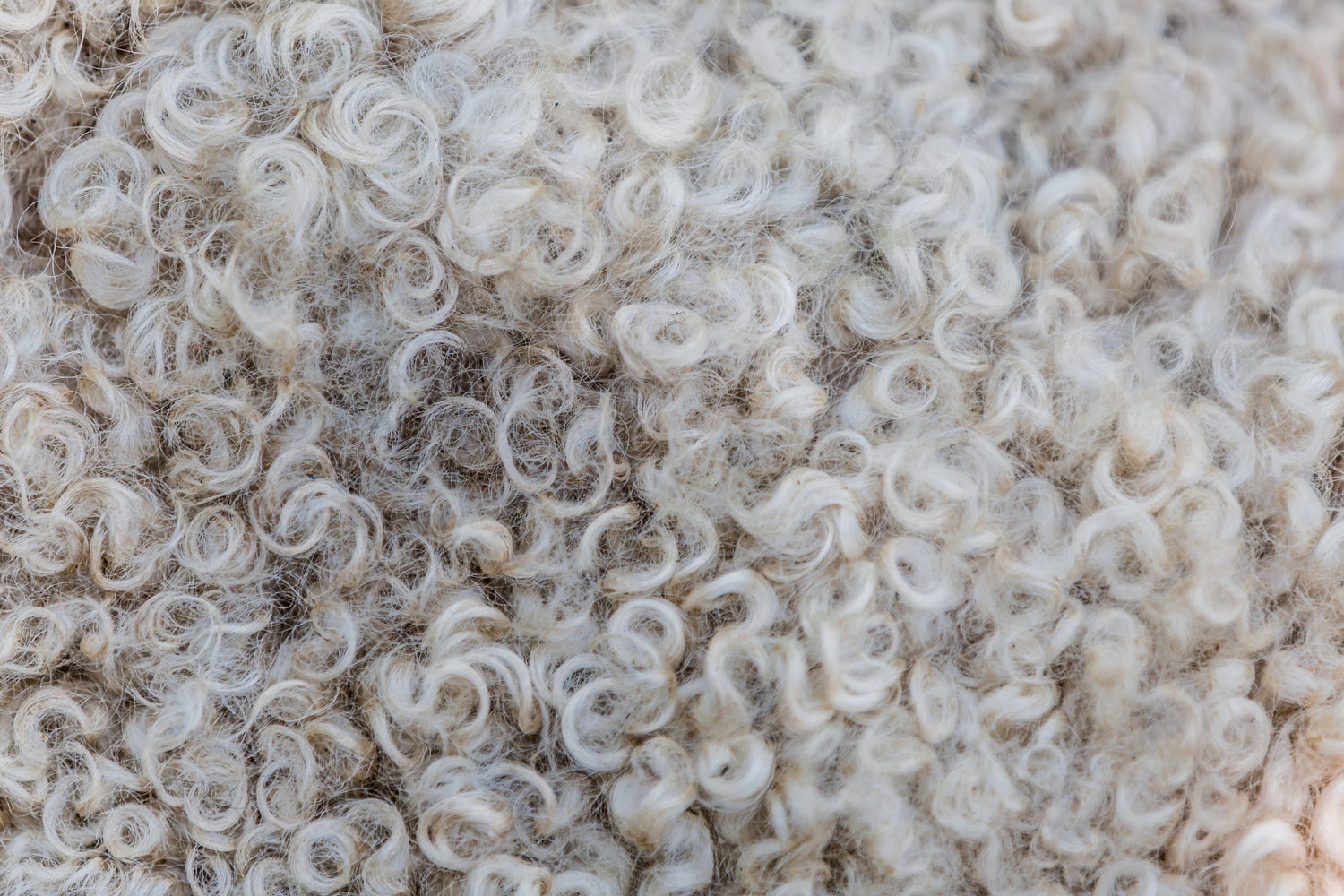Why Alpaca?
Why should I choose alpaca wool for my clothing and accessories, you ask. Let us tell you why alpaca wool hats are a step above other winter beanies you may see on the market.

Benefits of Alpaca Wool
·Alpaca wool is hypoallergenic!
·Alpaca wool is lightweight and 30% warmer than other types of wool.
·Alpaca wool is stain, flame and odor resistant.
·Alpaca's are gentle on the ground they feed on, allowing it to be a sustainable way to foster the land.
·Alpaca wool is easy to process and avoids the use of chemicals.
·Alpaca wool is resistant to pilling!
·Alpaca wool is naturally water resistant.
·There are 22 natural colors of Alpaca wool, but it also works well with dye.
Washing Alpaca Wool Garments
WASHING
Maintaining alpaca wool can be easy as long as you know the correct steps and procedures. Choosing a gentle, natural shampoo with as little detergent as possible is key.
Although alpaca wool is extremely resistant and performs much better than any other wool after machine washing, we recommend dry cleaning or hand washing in warm water (between 10 and 20 degrees), with a mild shampoo. It is important to keep a constant temperature of between 10 and 20 degrees when washing your alpaca wool clothes. If you wash your alpaca clothes by hand, simply let the water run for the duration of the washing and rinsing to keep the same temperature. It is advisable not to wring or twist the garment after washing, simply and gently pressing to remove excess water will do the trick. It is simply recommended to wash your wool clothes and accessories at the end of the season in order to protect them from mites that would invite themselves into these natural fibres. (learn more at BellaPaga.com)
DRYING
DO NOT PUT WOOL IN THE DRYER!
It is advisable to place your wool garment in a towel, so it will absorb excess water and your product will dry faster. Choose a completely flat natural drying process= to avoid stretching the fibres, and ideally in the open air, preferably not in direct sunlight.
